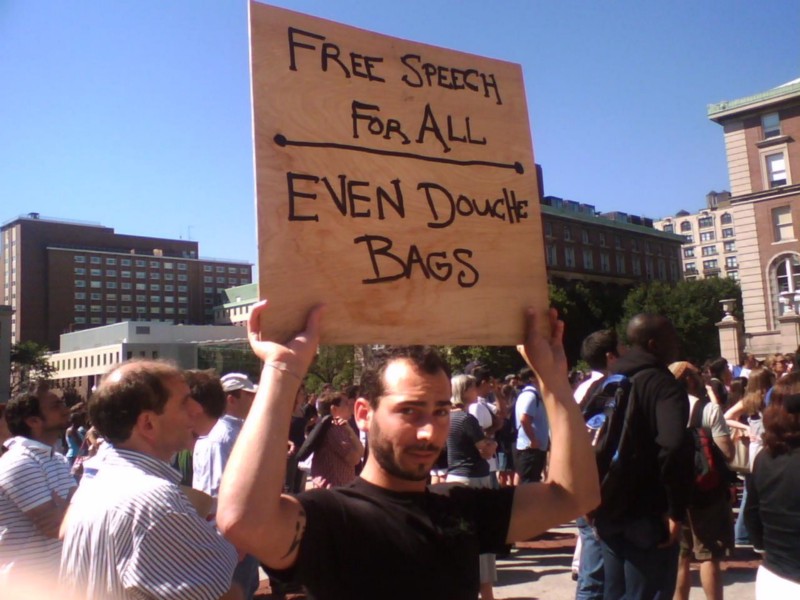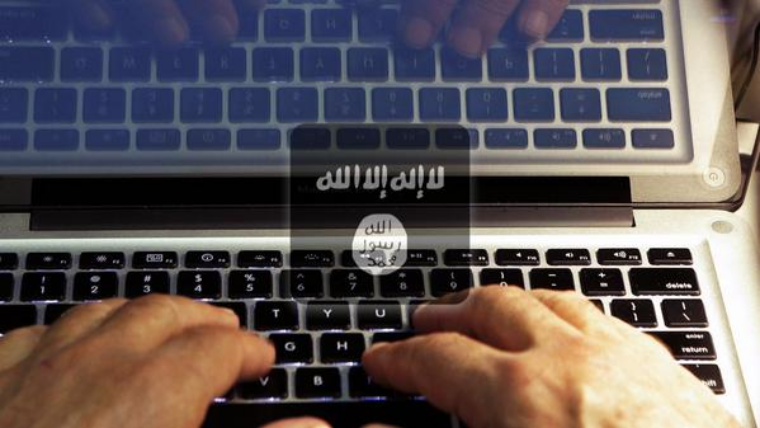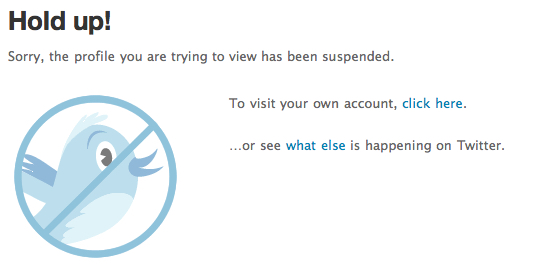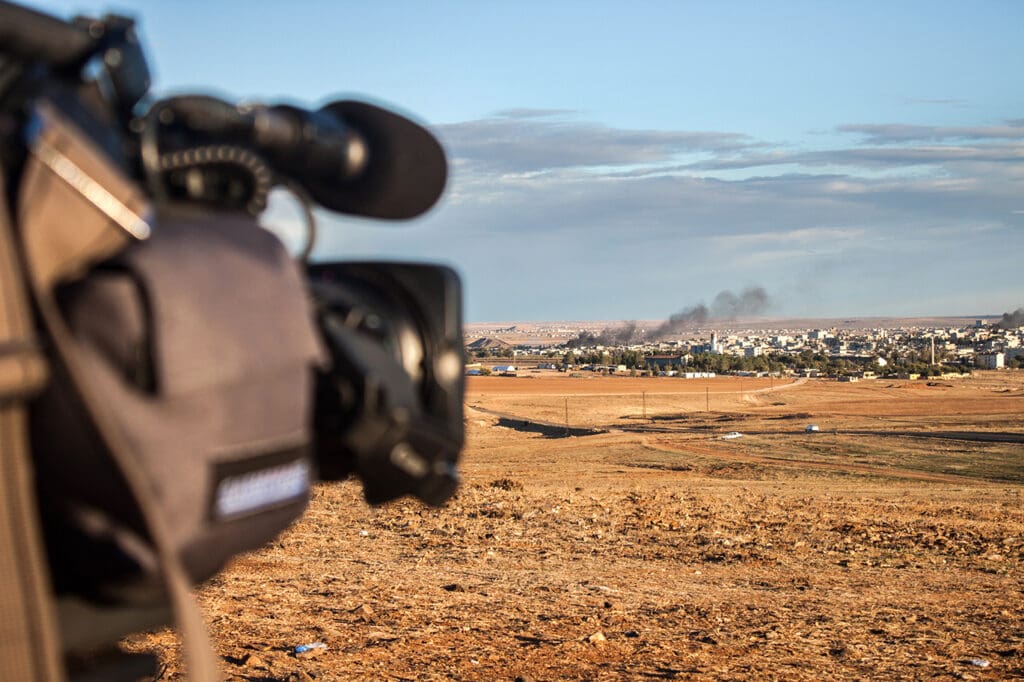Blog
Blog
Are There Limits to Online Free Speech?: Part I
February 1, 2017By Alice E. Marwick This post is part I of the series. Please click here to read part II. In November 2016, Twitter shut down the accounts of numerous alt-right leaders and white nationalists. Richard Spencer, the head of the National Policy Institute and a vocal neo-Nazi, told the LA Times it was a violation of his free ...
Blog
The Law that Could Allow Trump to Shut Down the U.S. Internet
January 25, 2017By Sean Lawson In a pair of recent essays, Timothy Edgar, the academic director of law and policy at Brown University‘s Executive Master in Cybersecurity program, has outlined the legal basis for how a President Donald Trump could potentially shut down the U.S. internet in response to a national security crisis. Edger’s concerns stem from Trump’s statements on the campaign ...
Blog
Interpreting Data About Islamic State Online
January 18, 2017By Ali Fisher Challenging ISIS has little to do with their number of followers, or the decline in their number of messages. This type of tactical-level data can indicate success, but genuine impact can only occur with robust interpretation of data at the strategic level. Recent studies have been used to claim success in reducing the number of followers ...
Blog
Let’s make platform capitalism more accountable
January 11, 2017By Mark Graham What do Google, Uber, and Facebook have in common? You might think that the answer is that they are all technology companies. But actually it is that they all pretend to be technology companies. This shared lie amongst platform companies is both bad for workers and bad for users of those platforms. ...
Blog
The Online Growth of White Nationalism
January 5, 2017By Siddharth Venkataramakrishnan White nationalism, which advocates against multiculturalism in favour of an ethnic and cultural state linked to a mythologised European identity, has become an increasingly high profile movement over the past five years. Anders Breivik in Norway, Dylan Roof in America, and (to a lesser degree) Thomas Mair in the United Kingdom all had ...
Blog
Takedown Collaboration by Private Companies Creates Troubling Precedent
December 21, 2016By Emma Llansó On 5 December, Facebook, Microsoft, Twitter, and YouTube announced their intent to begin collaborating on the removal of terrorist propaganda across their services. Center for Democracy & Technology (CDT) is deeply concerned that this joint project will create a precedent for cross-site censorship and will become a target for governments and private actors seeking to ...
Blog
A Radical Defence for Democracy: Allow Space for Anti-Democratic Speech
December 14, 2016By Tobias Gemmerli This article was originally published by the Danish Institute for International Studies (DIIS) on 10 November 2016. Our democratic culture can act as a safeguard against radicalisation, if we make space in the public debate for counter-cultural movements and radical political projects. In the confrontation with radicalism and political violence, democratic freedoms are often named the ...
Blog
Who is Winning the Syrian Digital War?
December 7, 2016By Amarnath Amarasingam The Syrian war has been, for good and often for ill, an incubator for developing new tools and strategies for digital conflict. Whether any of these actors “win” the Syrian war, their digital strategies will likely be with us for a long time. ISIS and other jihadist groups have inspired tens of ...
Blog
Programming Human Beings to Build a Hate-Free Internet
November 30, 2016This year’s wild presidential campaign was not only a test of two very different politicians but of humanity in general. Because social media is now far more entrenched than four years ago, we were effectively subjected to a giant, real-world experiment. The research question: how exactly do we treat one another when sensitive matters of ...
Blog
Indian Response to Online Extremism
November 23, 2016The United Nations General Assembly resolution adopted in July 2016 highlights the need to counter extremist narratives online. In the recent past, extremist content, usually content aiding terrorist activity has become a global concern. This post examines the methods adopted by state authorities and private entities to counter such online extremism. State Response The response to growing ...









